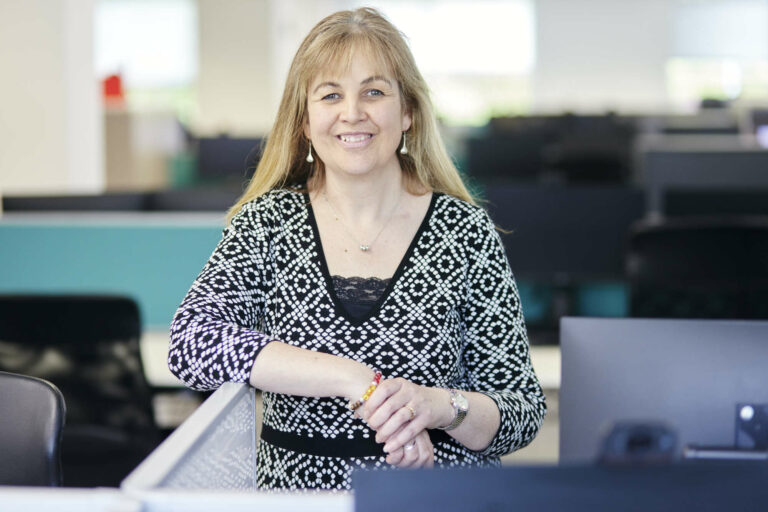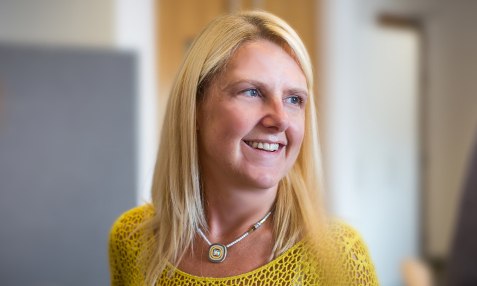Breast cancer is one of the most common cancers affecting women worldwide. As with all cancers, early detection of breast cancer is critical for improving outcomes and survival rates. However, delays in diagnosis can have far reaching affects, including significantly affecting the chances of survival.
The breast screening programme is available for females (including trans men, trans women and non-binary) aged between 50 and 71. Registered females should be automatically called for a mammogram every 3 years between those ages. This aims to identify breast cancers early in this higher risk age group.
But if you do not fall within this age group, or are between mammograms and notice any changes, you will need to ask your GP for a referral for investigations. This is where delays often happen. Most GP’s will arrange a referral promptly if there is a suspicion of breast cancer, but sometimes that suspicion isn’t there. Often this is because the patient is young, and as a result the likelihood that any signs or symptoms are linked to cancer, is low. In some cases, GPs might examine any lumps, consider them to be non-cancerous lumps and reassure their patient. To be sure though, the lump would need to be looked at during a mammogram or ultrasound, and sometimes a biopsy will need to be taken to look at the cells that make up the lump. These investigations only happen if a referral takes place. There are guidelines that GP’s have to follow regarding when to arrange a referral. If those guidelines are not followed, this would normally be considered to be negligent care.
What if my cancer was missed?
Mammograms and ultrasounds are not 100% full proof and occasionally do not detect breast cancer. If a diagnosis of breast cancer is later made, often the clinicians involved in your diagnosis will look back at your earlier scans and should be able to tell you if there was a missed opportunity to have made the diagnosis earlier. A missed opportunity doesn’t necessarily equate to negligent care, but it can do depending on the circumstances.
If a cancer diagnosis is delayed, there is a higher chance that the breast will need removing, and that the cancer has spread to other parts of the body. This significantly affects the chances of treatment curing the disease.
Early diagnosis is therefore crucial to optimise the chances of having breast conserving treatment and avoiding a terminal diagnosis.
A delay in breast cancer diagnosis can have a massive impact on a patient’s body, their health, their future and/or finances.
How we can support
At Enable Law, we have specialist breast cancer compensation claim lawyers who have helped hundreds of patients understand if their cancer prognosis and treatment was affected by a missed or delayed diagnosis.
Even though we can’t turn back the clock, we can help patients access the funds they need to help put their lives back together and provide security to their dependants.
To speak to a member of our team contact us on 0800 044 8488 or fill in our contact form below so we can arrange to call you at a time convenient to you.


















